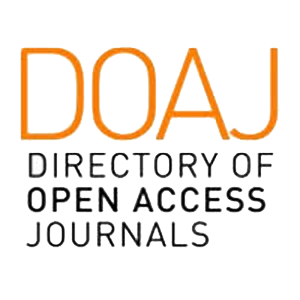DRIFTS AND CRITICAL ITINERARIES: WAYS OF THINKING ABOUT “PUNTOFIJISMO” DEMOCRACY IN VENEZUELA
Keywords:
Venezuela, democracy, puntofijismo, crisis, collapse, transitionAbstract
This article tries to give an account of the different ways in which historians, political scientists, sociologists, and researchers who have worked on recent history in Venezuela, thought about the Punto Fijo democracy (1958-1999) during its development, its crisis, and its subsequent collapse. Through a critical analysis of the bibliography, accompanied by a reading of the period, an analytical framework is set to reflect on the way in which the political context influenced the choice of themes and the formulation of questions. By chronicling the different contributions of academics on Punto Fijo democracy, it is evident how some interpretative lines that came into tension in the 70s continued to interfere with the academic debate in later decades, mixed with new topics and new disputes. Finally, this article tries to show that the most recent literature on puntofijismo suffers from a bias: that of reconstructing the historical process from variables that lead to the final result —collapse. This view, designed primarily to construct an explanation of the origins of Chavismo, contributes little to a correct understanding of the Punto Fijo process, its nature, its crisis, and its subsequent collapse.
Downloads
Published
Issue
Section
License
Copyright (c) 2023 José Guillermo Godoy

This work is licensed under a Creative Commons Attribution-NonCommercial-ShareAlike 4.0 International License.
Atribución-NoComercial-CompartirIgual 4.0 Internacional (CC BY-NC-SA 4.0)
Más información en: https://creativecommons.org/licenses/by-nc-sa/4.0/deed.es
-
Atribución — Usted debe dar crédito de manera adecuada, brindar un enlace a la licencia, e indicar si se han realizado cambios. Puede hacerlo en cualquier forma razonable, pero no de forma tal que sugiera que usted o su uso tienen el apoyo de la licenciante.
-
NoComercial — Usted no puede hacer uso del material con propósitos comerciales.
-
CompartirIgual — Si remezcla, transforma o crea a partir del material, debe distribuir su contribución bajo la lamisma licencia del original.








